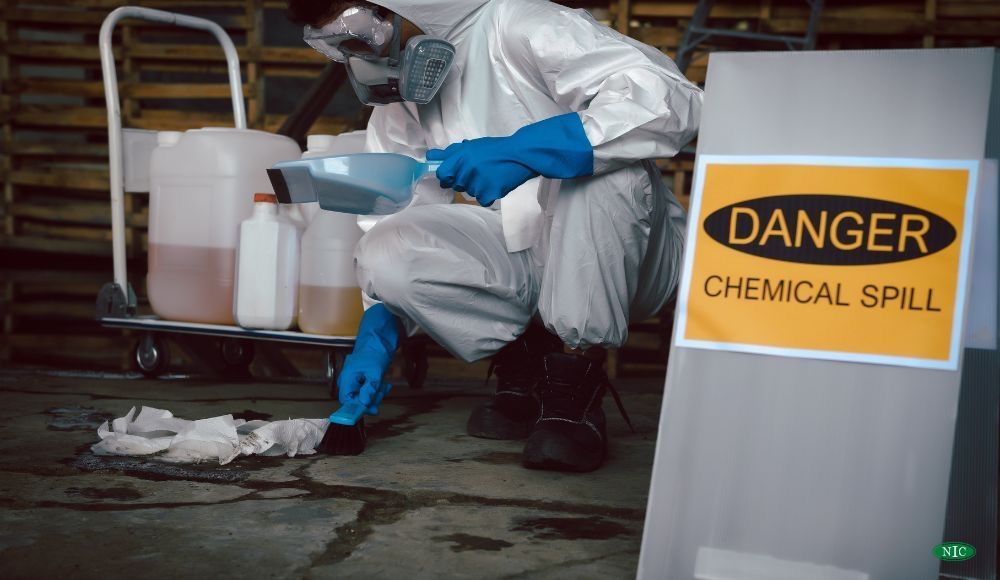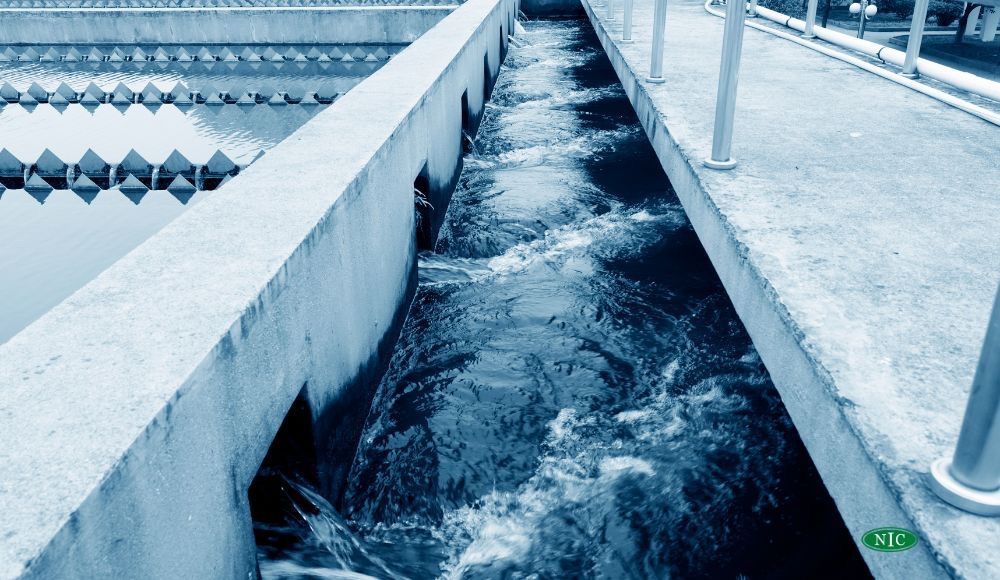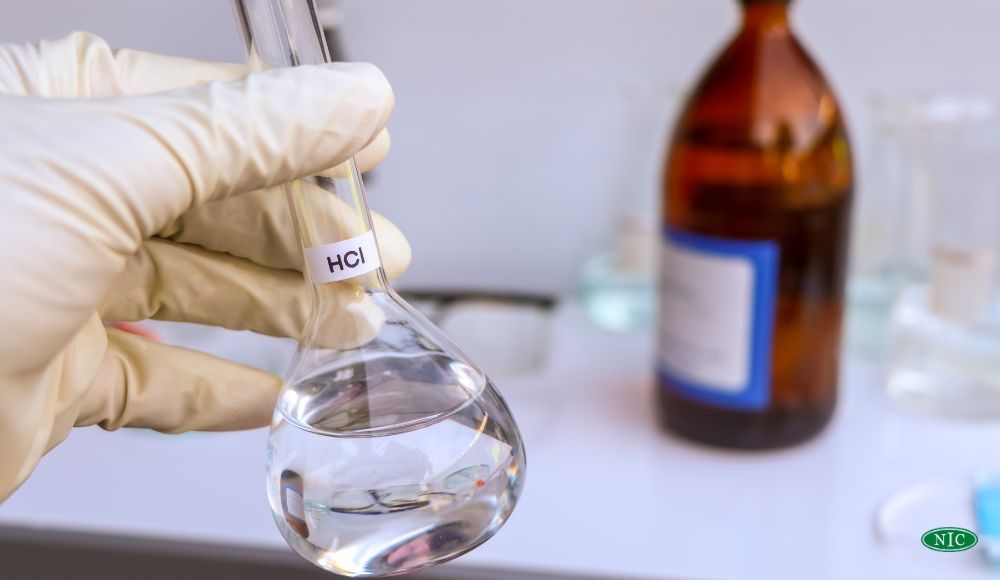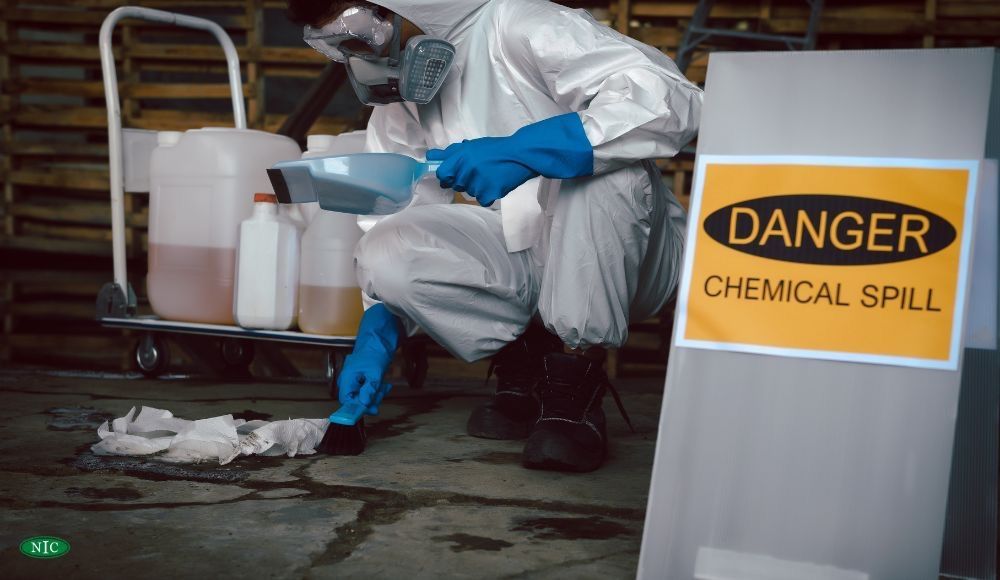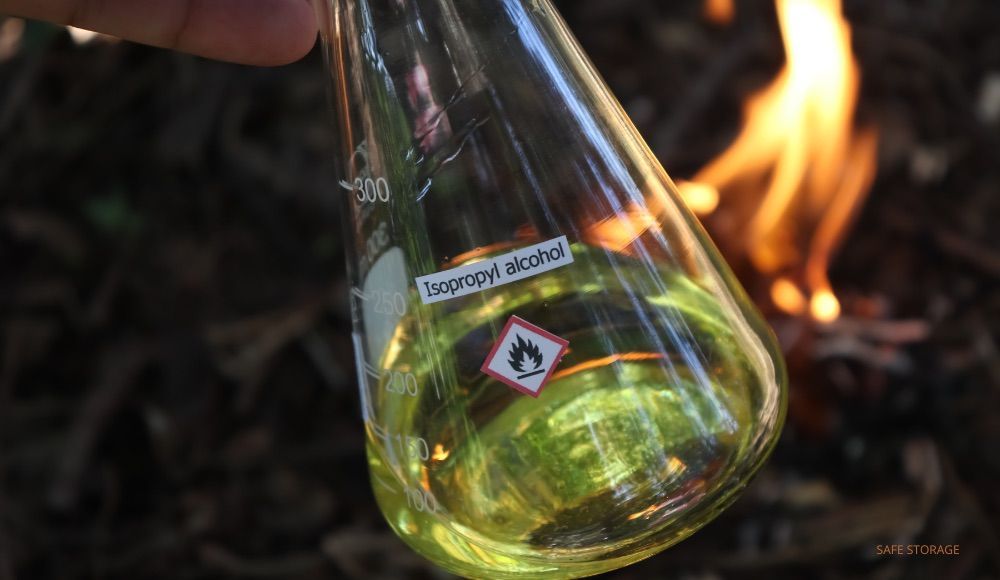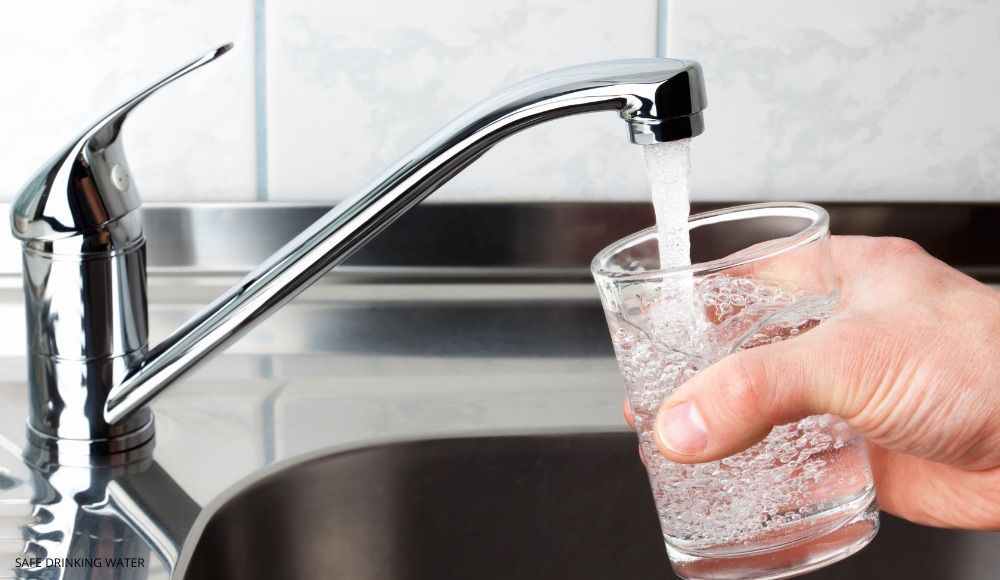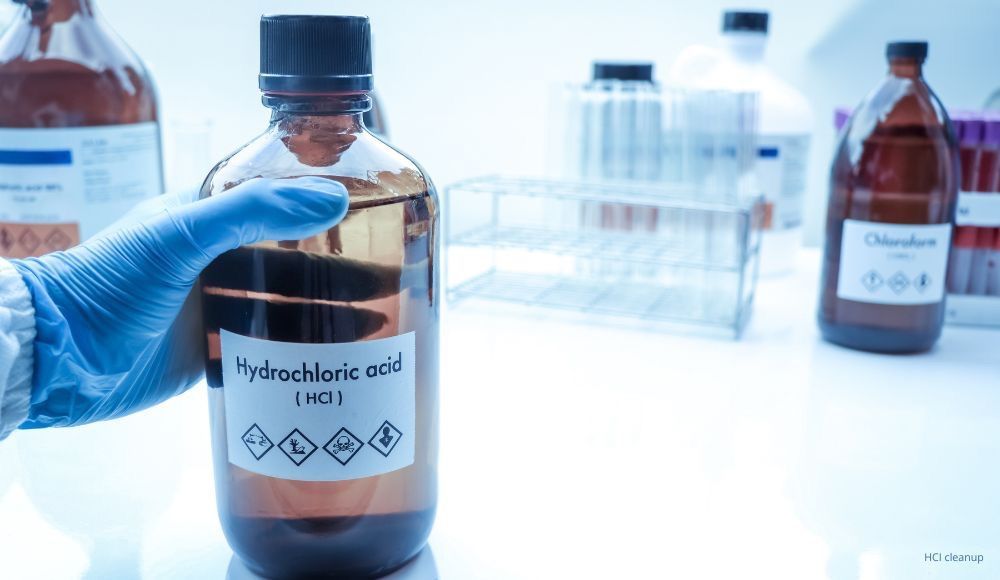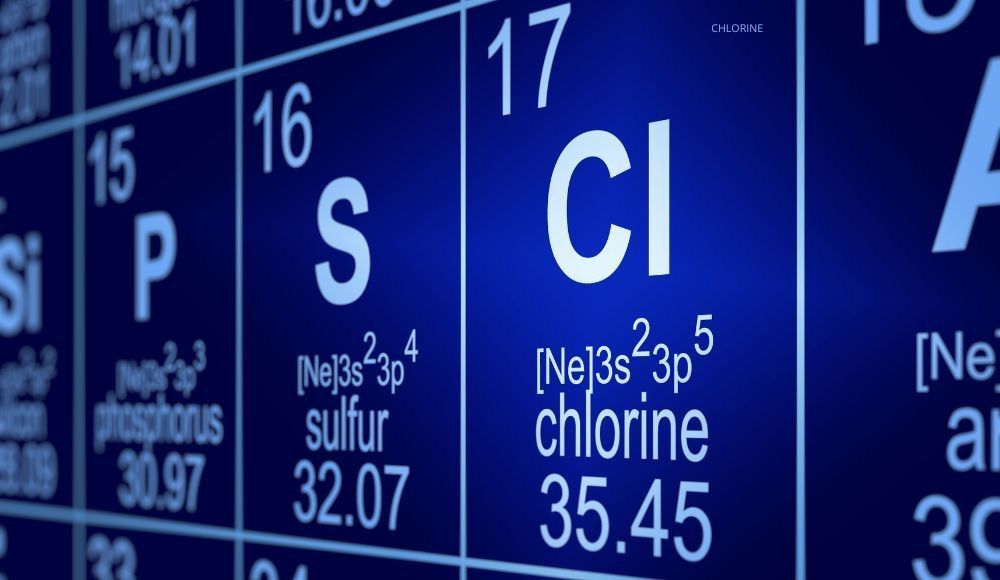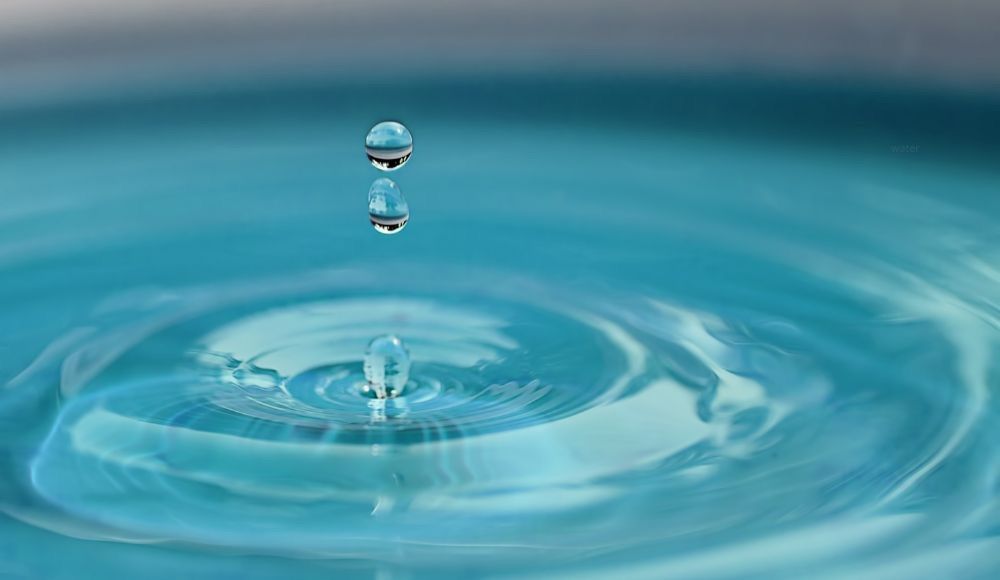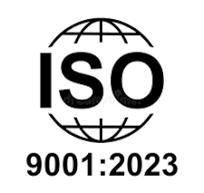Water Remediation: Understanding the Process and Benefits

Water remediation removes pollutants and contaminants from water to restore it to a safe and usable state. This essential practice protects ecosystems and human health, enhances water quality, and supports sustainable resource management. Understanding remediation processes can safeguard our water supply for future generations.
The Importance of Water Remediation
Water remediation is important for maintaining ecosystem health and ensuring clean water availability for human consumption, agriculture, and industrial use. It addresses pollution from various sources, including industrial discharges, agricultural runoff, and improper waste disposal, which can lead to contaminated water bodies and compromised resources.
Remediation prevents adverse health effects and supports biodiversity by removing harmful substances such as heavy metals, chemicals, and pathogens. It also plays a significant role in mitigating the impact of climate change, safeguarding water quality, and promoting sustainable development.
What are Some Common Water Contaminants?
Common water contaminants include:
- Heavy Metals: Such as lead, mercury, and arsenic, which can be toxic at high concentrations.
- Microorganisms: Bacteria, viruses, and parasites that can cause illnesses.
- Nutrients: Excessive nitrates and phosphates that can lead to harmful algal blooms.
- Industrial Chemicals: Such as solvents and petroleum products.
- Pesticides: Residues from agricultural run-off.
- Pharmaceuticals and Personal Care Products: Residues from improper disposal.
- Chlorine: Used for disinfection but can form harmful by-products.
- Sediments: Soil particles that make water murky and can carry other pollutants.
How Does Water Remediation Work?
Water remediation involves several techniques to remove or neutralize contaminants, ensuring water safety and quality:
- Physical methods, like filtration and sedimentation, separate solid particles from water.
- Chemical treatments, including chlorination and oxidation, break down or neutralize pollutants.
- Biological processes, such as bioremediation, use microorganisms to degrade organic substances.
- Advanced techniques like membrane filtration and ion exchange target specific contaminants.
The choice of method depends on the type and concentration of pollutants present. Comprehensive analysis determines the best approach, often combining methods for optimal results, ensuring that the treated water meets health and environmental standards.
Benefits of Professional Water Remediation
Professional water remediation offers several advantages over DIY methods. Experts can accurately assess contamination levels and sources, ensuring a comprehensive approach tailored to specific pollutants. They use advanced, industry-grade equipment and techniques more effective than typical consumer options, achieving thorough remediation and reducing health risks.
Professional services also adhere to regulatory standards, providing documentation necessary for compliance. Moreover, experts can offer long-term solutions and maintenance plans to prevent recurrence. While DIY methods may appeal for cost reasons, they often lack effectiveness and reliability, making professional remediation a wiser investment in water safety and overall health.
Wrapping Up
Water remediation ensures clean water's safety and availability and is crucial for human health, environmental sustainability, and economic development. Professional remediation services stand out for their effectiveness, compliance with regulations, and ability to tailor solutions to specific contamination challenges. Remediation addresses immediate contamination issues and fosters long-term protection and sustainable management of vital water supplies, benefiting current and future generations.
Contact Us for Professional Water Treatment Advice
Our friendly and experienced team will give you suggestions and assistance for all your chemical needs.
